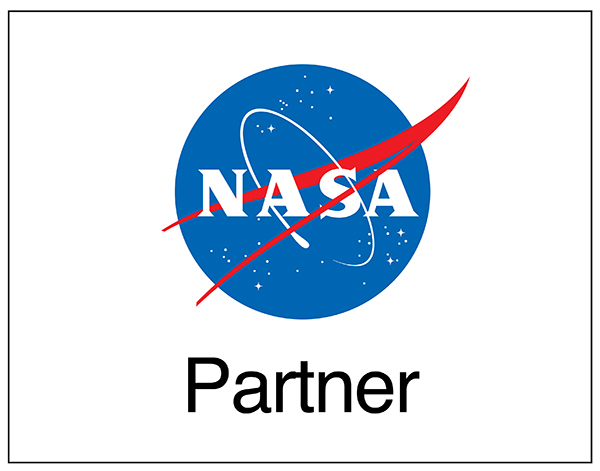NASA Awards $1.3M to Fayetteville State University and two other N.C. HBCUs for Data Science and A.I. Research
 Fayetteville, N.C. (August 17, 2023) - NASA has awarded $1,336,700 to three North Carolina HBCUs, Fayetteville State University (FSU), Winston-Salem State University (WSSU) and North Carolina Central University (NCCU), through the new Data Science Equity, Access, and Priority in Research and Education (DEAP) opportunity. The award will help establish an institute and build a partnership between the three universities to support students and faculty in conducting innovative data science research that contributes to NASA’s missions, accelerating innovation in NASA’s STEM research areas, and preparing the future workforce for data-intensive space-based Earth sciences. FSU will be the leading institution on this project.
Fayetteville, N.C. (August 17, 2023) - NASA has awarded $1,336,700 to three North Carolina HBCUs, Fayetteville State University (FSU), Winston-Salem State University (WSSU) and North Carolina Central University (NCCU), through the new Data Science Equity, Access, and Priority in Research and Education (DEAP) opportunity. The award will help establish an institute and build a partnership between the three universities to support students and faculty in conducting innovative data science research that contributes to NASA’s missions, accelerating innovation in NASA’s STEM research areas, and preparing the future workforce for data-intensive space-based Earth sciences. FSU will be the leading institution on this project.
The Institute for Multi-agent Perception through Advanced Cyberphysical Technologies (IMPACT) is a collaboration between three HBCUs, member institutions of the University of North Carolina (UNC) System. The lead institute, FSU, brings existing capabilities established through previous NASA funding on applied Artificial Intelligence and Machine Learning (AI/ML) and ongoing collaborations with NASA’s premier lab, the Jet Propulsion Laboratory. Dr. Sambit Bhattacharya, Professor of Computer Science at FSU and Director of the Intelligent Systems Lab, will be IMPACT’s Lead Principal Investigator (PI). Dr. Uma, PI from NCCU, will build on existing research on using data science to address social inequities with AI/ML. Dr. Debzani Deb, PI from WSSU, directs the Center for Applied Data Science (CADS) which identifies and overcomes various barriers to the broad and sustainable adoption of data-intensive research and education. IMPACT will build on these capabilities to engage HBCU students and faculty from the three universities in using Data Science to address scientific questions as one of the key factors in managing NASA Mission research.
Dr. Bhattacharya said the institute will undergo three years of training, research design, and execution aligned with two NASA use-cases. One of the use-cases addresses the context of protection and improvement of life on Earth. The institute researchers will apply AI/ML to satellite and airborne remote sensing data to fill critical gaps in our understanding of how northern ecosystem dynamics respond to environmental change. The other use-case is space exploration with robotic agents in the search for life elsewhere. IMPACT will generate novel research results and build broad research capacity in AI/ML systems at the three participating institutions.
“I’m excited for the wonderful collaborative opportunity this grant provides my students to work with NASA scientists and faculty and student groups from the three universities on problems of interest to NASA – improving life on earth and searching for life elsewhere,” said Dr. Uma. Her students will gain experience in using data science to solve these problems.
When speaking with Dr. Deb, she shared her excitement about this fantastic endeavor that offers her students a unique and valuable learning experience. “Collaborating with NASA scientists, as well as faculty and student groups from three universities, will provide a rich interdisciplinary environment for tackling challenges related to improving life on Earth and searching for life beyond our planet,” she said. Due to participants’ diverse perspectives and expertise, these collaborations often lead to innovative solutions and novel insights. Dr. Deb and her team at WSSU are excited about the potential impact.

